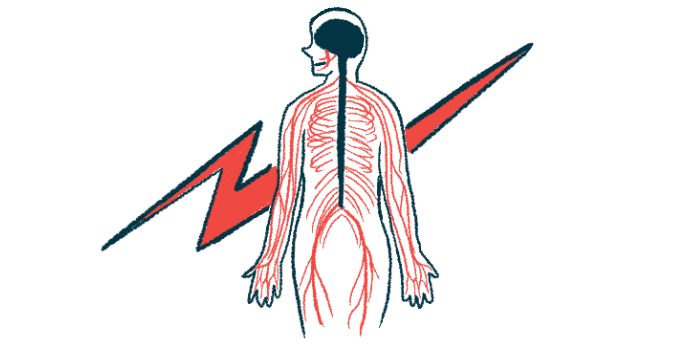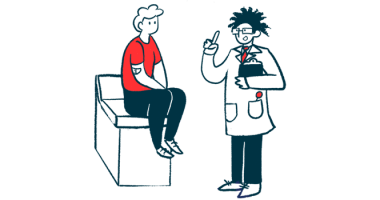MDA Awards $600K to Support Neuromodulator in Slowing ALS
PathMaker to test MyoRegulator ALS in easing motor neuron excitability

The Muscular Dystrophy Association (MDA) has invested $600,000 in PathMaker Neurosystems to help bring a potential noninvasive neuromodulator for amyotrophic lateral sclerosis (ALS) into an initial clinical trial.
Funding through the MDA Venture Philanthropy (MVP) program will support an early feasibility study in a small group of people to determine the safety and feasibility of PathMaker’s MyoRegulator ALS device in suppressing motor neuron hyperexcitability in ALS.
“We are truly grateful and honored to have received the support of MDA through the MVP program as we prepare for the clinical application of our non-invasive approach in ALS,” Nader Yaghoubi, MD, PhD, co-founder and CEO of PathMaker, said in a company press release.
MyoRegulator device as a noninvasive, alternative ALS treatment
ALS is marked by the progressive death of motor neurons, the nerve cells that control movement. The exact causes of the disease are not fully understood, but motor neuron hyperexcitability, in which these neurons are more likely to send electrical signals in response to stimuli, is a common feature contributing to neuronal damage in ALS.
Consequently, suppressing this overactivity is seen as a possible alternative treatment option.
PathMaker’s MyoRegulator ALS device uses neuromodulation to ease motor neuron hyperexcitability, which is expected to decrease neuronal damage and slow ALS progression.
Using disposable electrodes applied to the skin, the technology delivers an electric current to areas of the spinal cord that help to restore the normal neuronal activity in spinal motor neurons.
“We have developed a robust package of pre-clinical data that … includes electrophysiology [electrical activity], biochemistry, motor function and survival studies in the gold standard ALS models,” the company said on its website.
“PathMaker’s noninvasive approach to the treatment of ALS stands out for its innovation and already shows great potential in pre-clinical studies,” said Sharon Hesterlee, PhD, the MDA’s chief research officer. “We are excited to be part of the development of this unique technology and look forward to its application in clinical trials.”
The U.K.-based Cullen Education and Research Fund (CERF) awarded PathMaker its $250,000 Medical Electronics Prize in 2022 to further develop its external device to lower nerve activation in ALS. In 2021, the National Institutes of Health also awarded PathMaker $371,000 to advance it as an ALS treatment.
“Our technology works by suppressing overactive spinal motor neurons found in people with ALS and could represent a new therapeutic treatment modality for this devastating disease. We are very pleased to have the support of MDA and its network of clinicians and patient advocacy groups,” Yaghoubi said.
PathMaker Neurosystems reports that its is working on noninvasive systems designed to treat the approximately 48 million people in the U.S., Europe, and Asia with ALS, stroke, spinal cord injury, cerebral palsy, multiple sclerosis, and other severe neurological conditions. Work here includes use of the device in easing the muscle stiffness, twitches and contractions — collectively called spasticity — that can interfere with movement and speech and cause pain or discomfort.







